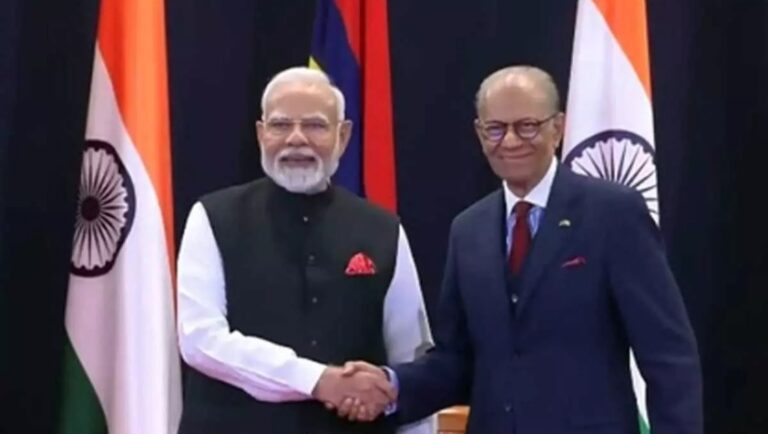
Austria’s Political Future Uncertain as Chancellor Nehammer Resigns
Austria’s political landscape faces uncertainty following the resignation of Chancellor Karl Nehammer. The announcement came after failed attempts to form a coalition government excluding the far-right Freedom Party (FPO). This development has left Austria’s ruling People’s Party (OVP) in a crisis, with an interim leadership decision reportedly falling on OVP Secretary-General Christian Stocker, though official confirmation is pending.
The political deadlock stems from the collapse of negotiations aimed at creating a centrist coalition. The failure leaves President Alexander Van der Bellen with limited options: either call a snap election or task FPO leader Herbert Kickl with forming a government. Both scenarios pose challenges, with the FPO’s popularity steadily rising.
Markus Wallner, governor of Austria’s Vorarlberg province, expressed concerns over the situation, stating, “We must do everything we can now to avoid sliding towards a national crisis.” Wallner also opposed the idea of a snap election, which would delay the formation of a new government for months.
Nehammer had previously ruled out forming a coalition with the FPO, citing leader Herbert Kickl’s controversial stances and perceived security risks. However, his departure raises the likelihood of his successor being more open to working with the FPO, which has formal ties to Hungary’s ruling Fidesz party.
The FPO secured approximately 29% of the vote in September’s parliamentary election, emerging as the largest party. Polls indicate their support continues to grow, widening the gap between the FPO and the OVP, as well as the Social Democrats, by over 10 percentage points.
As Austria navigates this political uncertainty, President Van der Bellen’s decisions in the coming weeks will play a crucial role in shaping the country’s government and future direction.





